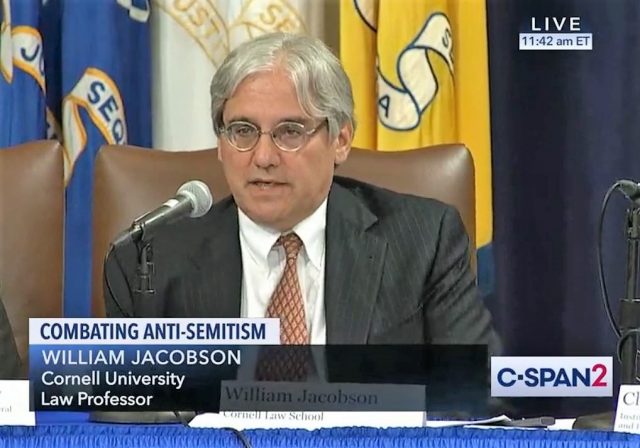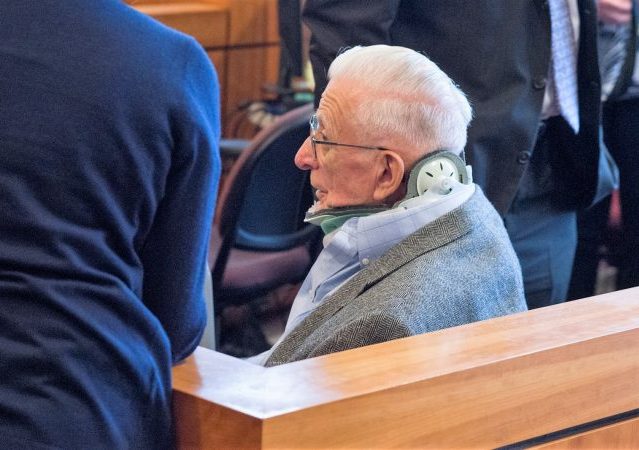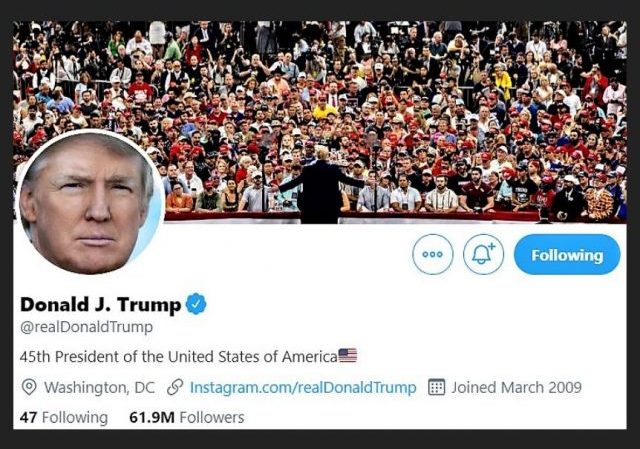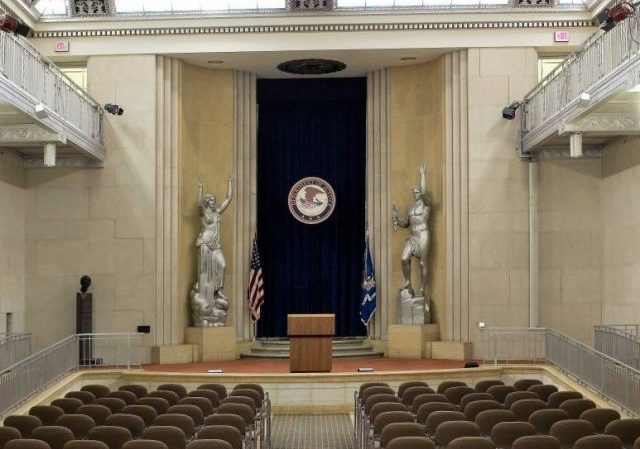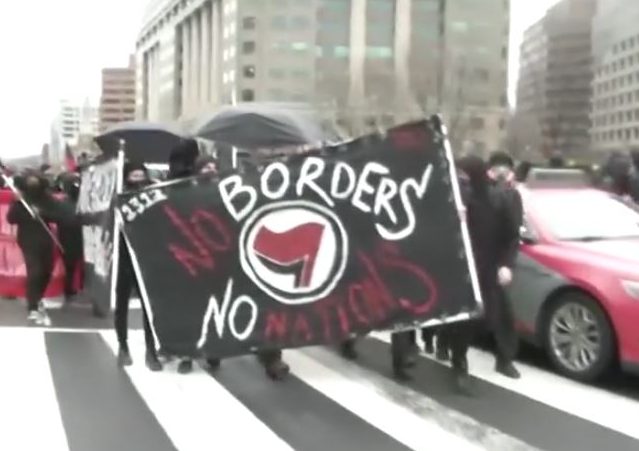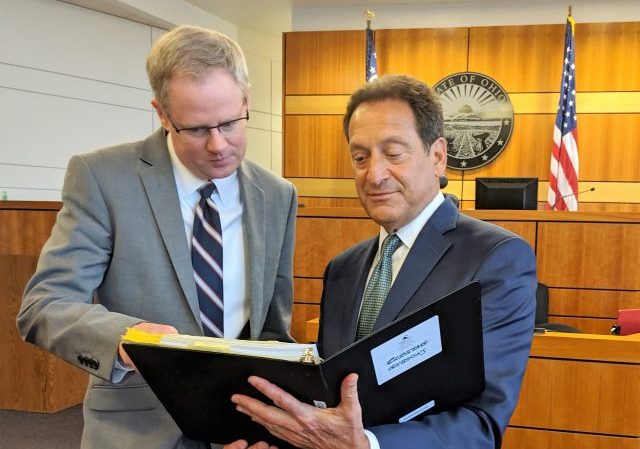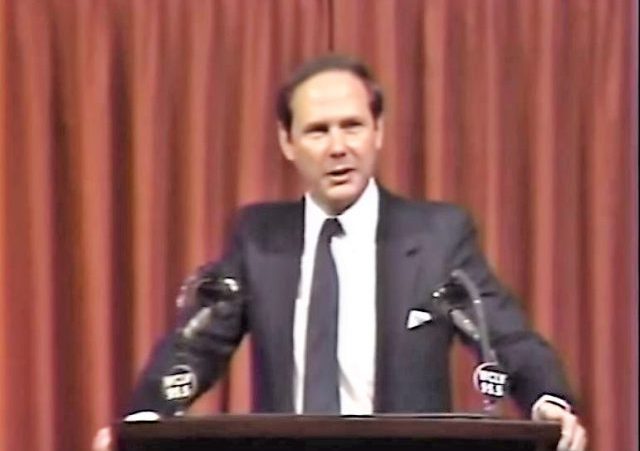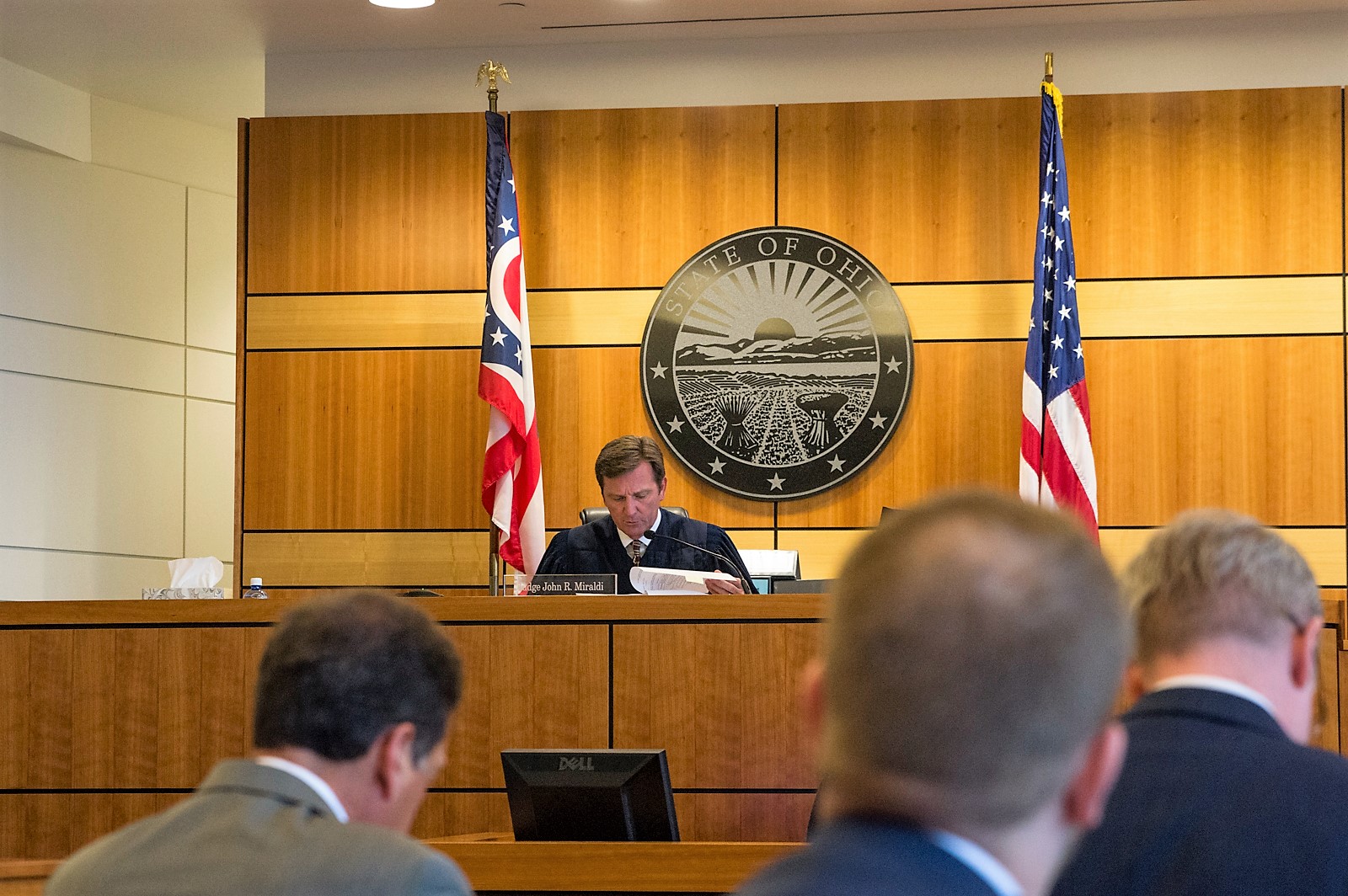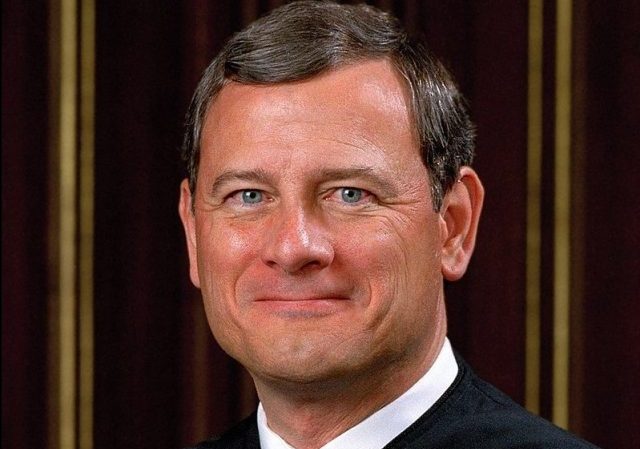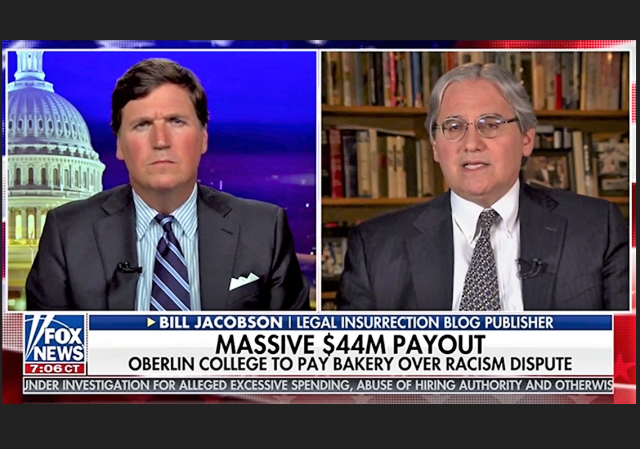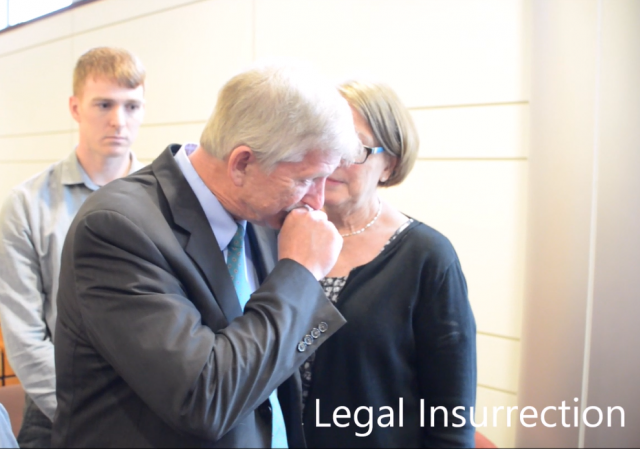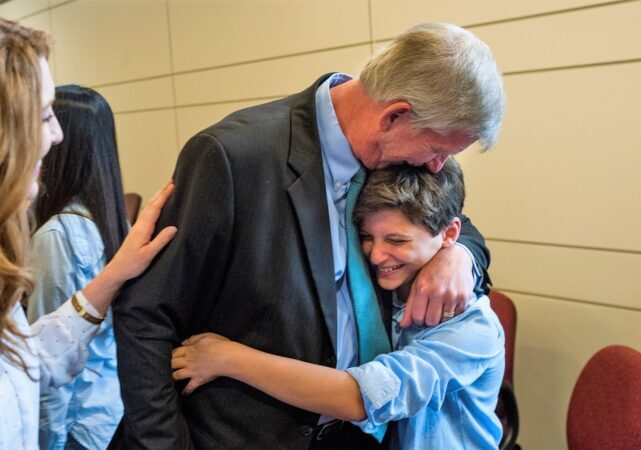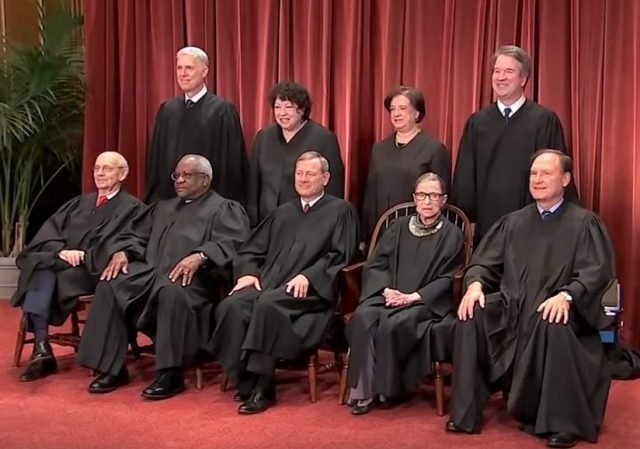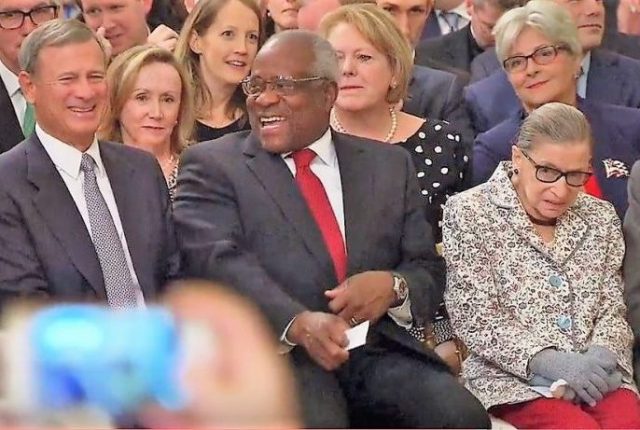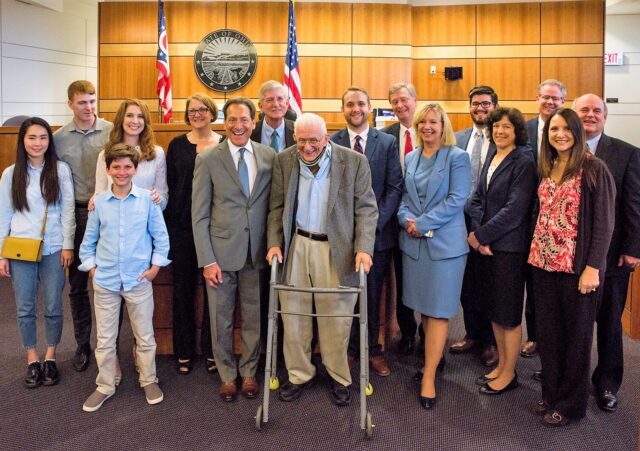Author: William A. Jacobson
William A. Jacobson
William A. Jacobson is a Clinical Professor of Law and Director of the Securities Law Clinic at Cornell Law School.
He is a 1981 graduate of Hamilton College and a 1984 graduate of Harvard Law School. At Harvard he was Senior Editor of the Harvard International Law Journal and Director of Litigation for the Harvard Prison Legal Assistance Project.
Prior to joining the Cornell law faculty in 2007, Professor Jacobson had a highly successful civil litigation and arbitration practice in Providence, Rhode Island, concentrating in investment, employment, and business disputes in the securities industry, including many high profile cases reported in leading newspapers and magazines.
Professor Jacobson has argued cases in numerous federal and state courts, including the Courts of Appeal for the First, Fifth and Sixth Circuits, and the Rhode Island Supreme Court.
Professor Jacobson has a national reputation as a leading practitioner in securities arbitration. He was Treasurer, and is a former member of the Executive Committee and Board of Directors of the Public Investors Arbitration Bar Association, a professional organization of attorneys dedicated to protecting public investors. He frequently is quoted in national media on issues related to investment fraud and investor protection, and in the past has served as one of a small number of private practice attorneys who trained new arbitrators for the Financial Industry Regulatory Authority.
Professor Jacobson is co-author of the Securities Arbitration Desk Reference (Thomson-Reuters), updated annually.
Professor Jacobson is frequently quoted in the media on political and legal topics, has authored many Op-Eds in major publications, and appears on television and radio to discuss politics and the law.
A more complete listing of Professor Jacobson's professional background is available at the Cornell Law School website. The views expressed here are his own and not those of any employer or organization,
The best way to reach Prof. Jacobson is by e-mail here.
Gibson’s Bakery says Oberlin College’s scorched earth defense justifies large legal fee award
Teenage Palestinian murderers of Tuvia Yanai Weisman get long prison sentences
Attacker on Tacoma ICE Detention Center identified as “anarchist and antifascist”
Trump Twitter Court Decision Not A Sweeping “Don’t Block Me Bro” Rule
I’ll be speaking at the Department of Justice Summit on Combatting Anti-Semitism on July 15
2020: The Flight 93 Election once again
Gibson’s Bakery seeks $9-13 million in attorney’s fees against Oberlin College
Something’s happening here: Trump reaches all-time high approval in WaPo-ABC News polls
Former Oberlin College President: “Pay the court’s judgment, don’t fight it; apologize to the Gibson family and to the community”
Gibson’s Bakery v. Oberlin College: The $13 million damage claim the jury wasn’t permitted to consider
Census going to print without Citizenship Question
“It is particularly frustrating to watch people parrot whatever opinion they’ve read on Legal Insurrection that day”
Gibson’s Bakery disputes Oberlin College public relations campaign claiming it was “held liable for the speech of its students”
Court enters $25 million Judgment against Oberlin College in Gibson’s Bakery case
Supreme Court: No census citizenship question for now, need clarified agency explanation
Supreme Court rejects challenges to partisan gerrymandering
Gibson’s Bakery files to uphold full $33 million punitive damages verdict against Oberlin College
Donations tax deductible
to the full extent allowed by law.
CONTRIBUTORS
- William A. Jacobson
Founder
- Kemberlee Kaye
Sr. Contrib Editor
- Mary Chastain
Contrib Editor
- Fuzzy Slippers
Weekend Editor
- Mike LaChance
Higher Ed
- Leslie Eastman
Author
- Vijeta Uniyal
Author
- Stacey Matthews
Author
- Jane Coleman
Author
- James Nault
Author
- Mandy Nagy
Editor Emerita
- Learn more about the Contributors

